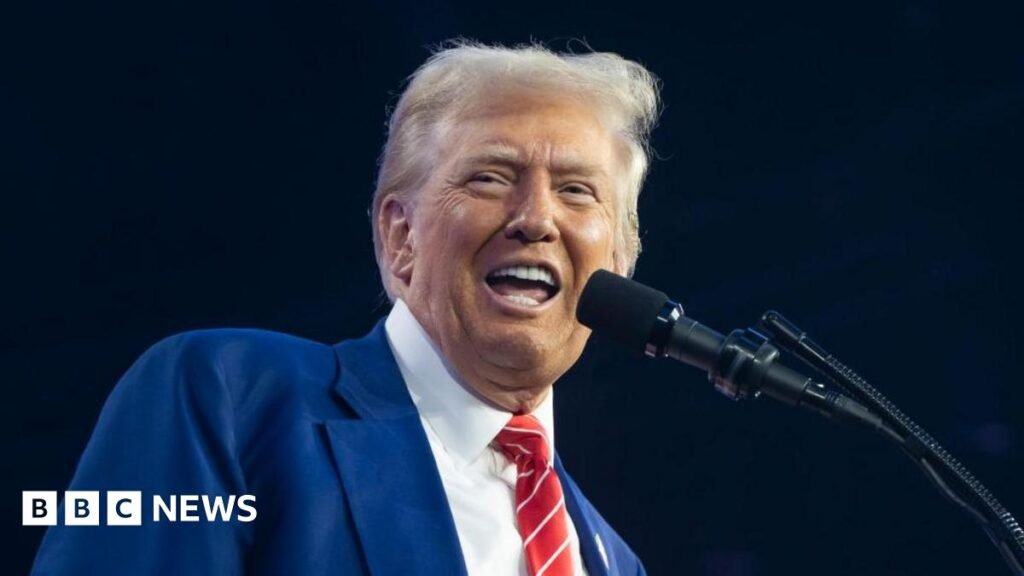President-elect Donald Trump ran on a platform of isolating the US from foreign conflicts such as the war in Ukraine, raising tariffs on foreign trading partners and restoring domestic manufacturing.
But in recent days, he has suggested a more outwardly aggressive approach to his foreign policy.
At first he joked about Canada being an additional US state. Since then he has threatened regain control of the Panama Canal. He also reiterated his desire from his first term to own the autonomous Danish territory of Greenland, which not for sale.
The US is unlikely to take control of any of these regions. But the statements may suggest that Trump’s “America First” vision includes the superpower working beyond its borders in the interests of U.S. trade and national security.
On Sunday, Trump told a conservative conference in Arizona that Panama was charging US ships “ridiculous, very unfair” tolls to use its canal of the same name.
After assuming responsibility for the construction of the canal in the early 20th century, the US transferred full control to Panama in the 1970s through a treaty. But Trump said this week that if the “looting” did not stop, he would demand the return of the US channel, but did not specify how.
Trump added that he did not want the Panama Canal to “fall into the wrong hands” and specifically mentioned China, which has significant interests in the waterway.
“There’s a real U.S. national security interest … in monitoring its neutrality,” Will Freeman, a fellow for Latin American studies at the Council on Foreign Relations, said of Trump’s comments.
“Trump’s statement is basically about that.”
According to the data, China is the second largest user of the Panama Canal after the United States. It also has a large economic investment in the country.
In 2017 Panama severed diplomatic relations with Taiwan and recognized it as part of China, which was a major victory for Beijing.
The Panama Canal is needed not only for US trade in the Pacific, Mr Freeman said – in the event of any military conflict with China, it will be needed to move US ships and other assets.
He also pointed to Trump’s frequent comments about the unfair treatment of US trading partners, as well as the president-elect’s promise to sharply increase tariffs on foreign goods, especially from China.
Trump’s complaints about shipping fees appear to reflect his views on trade, Mr. Freeman said.
While the announcements could be “coercive,” Mr. Freeman said, it remains to be seen “whether the canal authorities will reduce tolls on American cargoes in response to the threat.”
Panamanian President José Raúl Molina issued a statement saying that the canal and the surrounding area belong to his country and will remain so.

